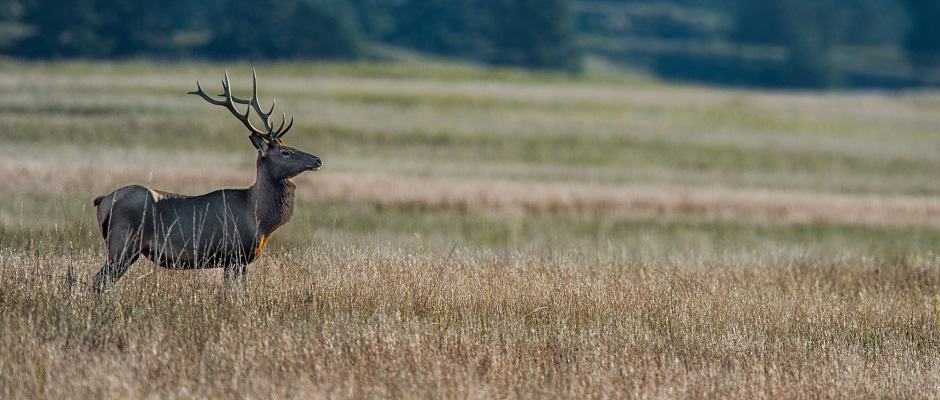Membership
Not a member of the Nebraska Chapter? Become one now using our online form!
By becoming a member of NETWS, you are automatically a member of the Central Mountains and Plains Section.
What Does it Mean to be a TWS Member?
- Influencing Legislation and Public Opinion: As a science-based organization that values dialogue over confrontation, TWS has the potential to exert a powerful influence on legislation and other public opinion affecting wildlife.
- Information Sharing and Communication: Knowledge is power, and one of the primary functions of scientific and educational organizations is to share information.
- Participation, Networking, and Professional Development: TWS members represent a broad range of expertise, ranging from wildlife ecology to land use planning to human dimensions to wildlife damage control and beyond. Our members come from a wide array of organizations including state and federal agencies, non-profit organizations, and colleges and universities. The Chapter offers support for professional development through its programs, sponsorships, and student-professional workshops.
- Professional Debate and Collective Problem Solving.
- Professional Recognition-The Chapter has many awards that honor dedication and excellence in the wildlife profession, including awards for students and scholarships for individuals.
- Preserving History: TWS has a proud history, including mentors such as Aldo Leopold, J.N. Darling, and Olas Murie.
- Ethical Codes: TWS has a code of ethics for certified wildlife biologists that provide a standardized and fair mechanism for assessing individuals.
Membership Benefits and Opportunities
- Attendance at the Annual Meeting and participation in its associated symposia, workshops, technical papers, banquet, association with professionals and more.
- Receipt of the quarterly chapter newsletter.
- The chapter offers research grants, committee activities, fund-raising events, and awards for members and non-members who excel in wildlife conservation/ management.
- Development of public policy statements based on scientific research to govern management of Nebraska’s wildlife resources.
- Opportunities to meet and discuss contemporary wildlife management and conservation issues with other wildlife professionals.



